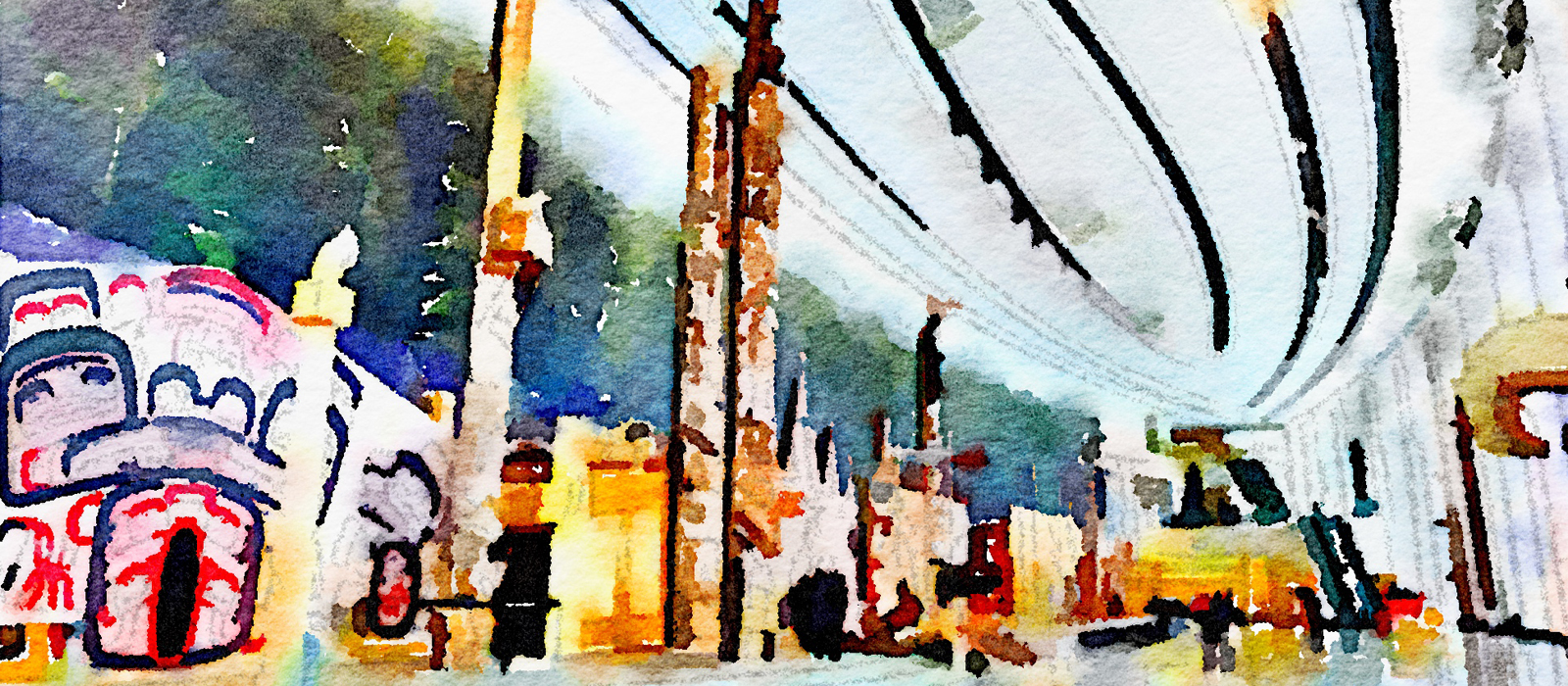Our faculty are active researchers who publish widely and are renowned in the fields of Canadian and Comparative Politics, Gender and Diversity, International Relations, Political Theory, and Public Policy. They can provide you with the mentoring to develop your own research interests and skill sets.
Canadian Politics
The field of Canadian Politics at Carleton University encompasses both the study of federal and provincial political institutions, including Parliament, the public service, political parties, elections, federalism and the courts, and important themes and questions in Canadian politics and public policy, including Settler-Colonial/Indigenous relations, national unity, political economy, environmental politics, and broader social relations such as gender, race and class. Students explore not just how our political system works, but also recent and proposed reforms of some of its prominent features, as well as broader and deeper questions about what it means to be Canadian in a globalized and networked society. Taking advantage of our Ottawa location, students have the opportunity to participate in internship and work-study programs on Parliament Hill and in various public sector agencies. Graduates have a deep understanding of the Canadian political processes, the contemporary issues animating them, and the various actors engaged with them.
Members: Vandna Bhatia, William Cross, Christina Gabriel, Marc Hanvelt, Raffaele Iacovino, Jonathan Malloy, Gabriel Maracle, Erin Tolley, Stephen White, Conrad Winn
Comparative Politics
Research and teaching in the field of comparative politics focuses on issues such as the origins and evolution of states; political economy and theories of development; democratic and authoritarian tendencies in diverse regimes; types of government (parliamentary and presidential, unitary and federal, etc.); core political institutions (constitutions, electoral systems, etc.); cross-national differences in public policy; patterns of political participation; elections, parties, interest groups and social movements; identity politics, political culture, and social capital; contentious politics, revolutions, and civil wars. Comparative theories and methods are used to study political developments within and across Asia, Africa, Europe, Latin America, the Middle East, and North America.
Members: Andrea Chandler, Cati Coe, Aaron Ettinger, Martin Geiger, Achim Hurrelmann, Laura Macdonald, James Milner, W. R. Newell, Isaac Odoom, Jeff Sahadeo, Elinor Sloan, Gopika Solanki, Mira Sucharov, William Walters, Conrad Winn
Gender & Diversity
The Gender and Diversity subfield focuses on the political implications of intersecting structures of power relating to gender, race, class, sexual orientation, gender identity and expression, ability and colonialism in transnational, cross-cultural and international contexts. It involves close reading of theoretical texts, focusing on epistemology and methodology, as well as the study of institutions, norms and governance, including government legislation and court decisions, migration and citizenship, social movements and protest. The field spans and cuts across the traditional sub-fields of Political Science, focusing on revealing and listening to the ‘silences’ in these fields through the application of a wide range of intersectional feminist perspectives.
Members: Andrea Chandler, William Cross, Christina Gabriel, Gabriel Maracle, Sophie Marcotte-Chénard, Fiona Robinson, Gopika Solanki, Erin Tolley
International Relations
The Department has one of the largest concentrations of political scientists conducting research on International Relations (IR) in the country. Our research expertise covers traditional subjects of inter-state politics such as foreign policy, security, international institutions, international political economy and global governance, as well as newer thematic concerns such as the international politics of migration, ethics, humanitarian intervention and food. Our research spans all of the principal theoretical approaches found in the field of IR and draws on several methodological traditions within the social sciences more generally. Our research concerns also mesh with those of other fields, especially comparative politics, political theory and public policy and administration.
Members: Peter Andrée, Aaron Ettinger, Martin Geiger, Randall Germain, Hans-Martin Jaeger, Laura Macdonald, James Milner, Isaac Odoom, Fiona Robinson, Jeff Sahadeo, Brian Schmidt, Elinor Sloan, Mira Sucharov, William Walters
Political Theory
Research and teaching in the field of Political Theory is grounded in the history of political philosophy and its major paradigms including classical, modern and historicist. Themes include reason and revelation; justice, legitimacy and the common good; character, civic virtue and liberal education; global technology and radical modernity; the encounter between Western and non-Western theory and practice. Schools of thought examined include the Enlightenment, German Idealism, critical theory, phenomenology, post-modernism, feminist political theory. The thematic consideration of political theory is pre-eminently guided by the study of the primary texts.
Members: Scott Bennett, Randall Germain, Marc Hanvelt, Achim Hurrelmann, Raffaele Iacovino, Hans-Martin Jaeger, Sophie Marcotte-Chénard, James Meadowcroft, W. R. Newell, Brian Schmidt
Public Affairs and Policy Analysis
The Public Affairs and Policy Analysis field provides students with a grounding in traditional theories of public administration and public policy as well as well as in the emerging realm of public affairs. The field stresses a variety of analytic methods for conducting academic and applied policy analysis. The substantive material emphasized in research and teaching include such areas as the environment, health, science and technology and the patterns of public opinion and participation underlying activities in these areas.
Members: Peter Andrée, Scott Bennett, Vandna Bhatia, Cati Coe, Jonathan Malloy, James Meadowcroft, Stephen White
